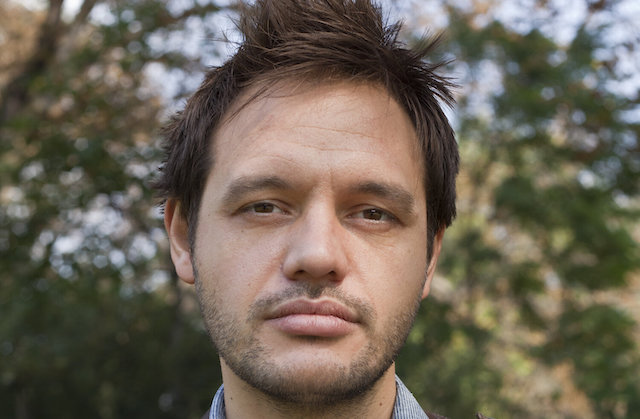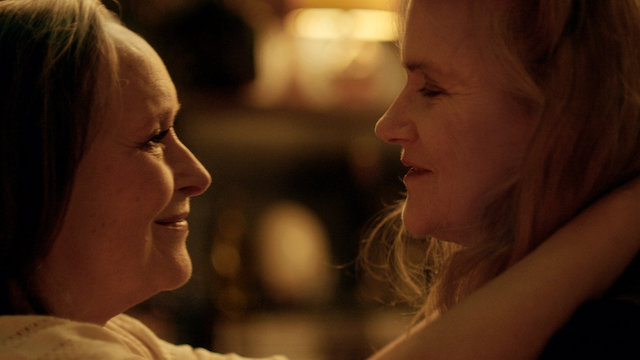
Acclaimed French film Two of Us is available now on digital and on demand. The Golden Globe-nominated film focuses on a secret romance between two elderly women that becomes difficult after one suffers a stroke. ComingSoon Managing Editor Tyler Treese caught up with director and writer Filippo Meneghetti about the overwhelmingly positive reception for the…







